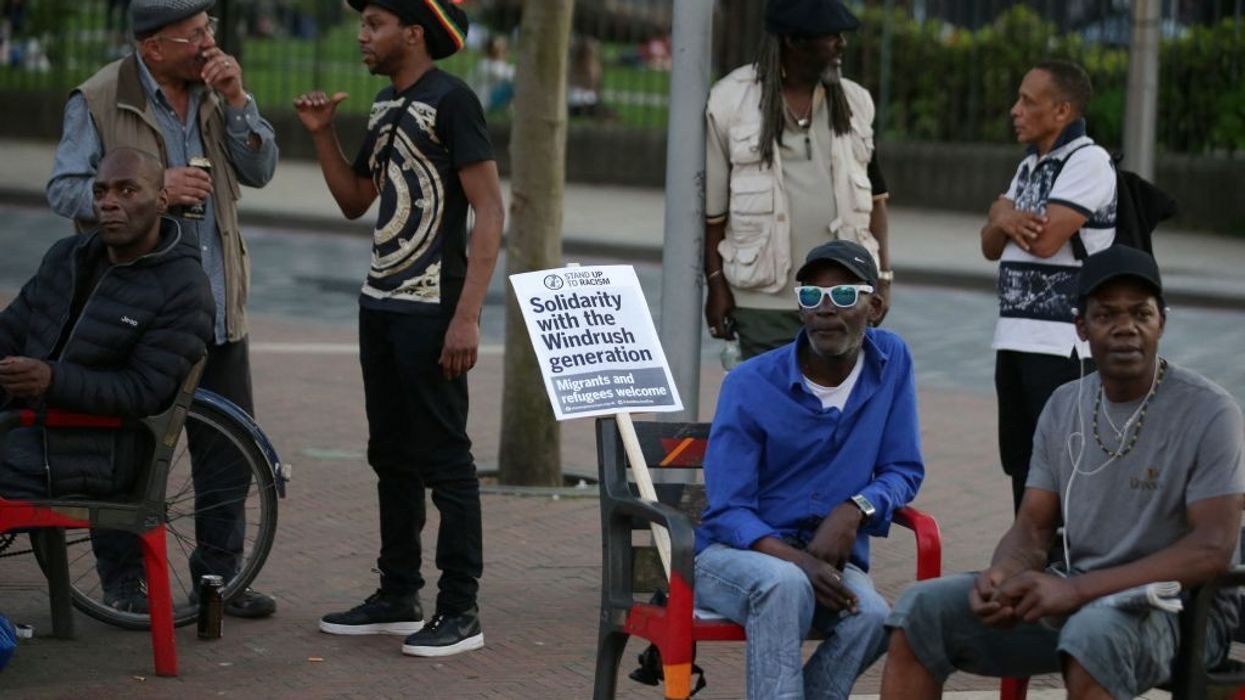A leaked government paper has revealed that 'racist immigration legislation' over 30 years, framed to reduce the UK’s non-white population, led to the Windrush scandal, according to a media report.
The 52-page analysis, in a Home Office commissioned paper, by an unnamed historian, describes how “the British Empire depended on racist ideology in order to function”, and sets out how this affected the laws passed in the postwar period, The Guardian reported.
Every single piece of immigration or citizenship legislation was designed at least in part to reduce the number of people with black or brown skin who were permitted to live and work in the UK from 1950 to 1981, the report concluded.
According to the report, the Windrush scandal was caused by a failure to recognise that changes to British immigration law over the past 70 years had a more negative impact on black people than on other racial and ethnic groups.
Major immigration legislation in 1962, 1968 and 1971 was designed to reduce the proportion of people living in the UK who did not have white skin, it further said.
Diane Abbott MP, who attempted without success to have the paper released through the home affairs select committee, said the Home Office appeared to be “unwilling to acknowledge the racism that has disfigured British immigration policy for decades”.
The report was commissioned as part of a commitment to educating civil servants about the causes of the Windrush scandal, which saw thousands of people wrongly classified as illegal immigrants by the department.
After the scandal, ministers agreed to teach all 35,000 Home Office employees about Britain’s colonial history and the history of black Britons.
The report, titled “The Historical Roots of the Windrush Scandal”, focuses on the immigration legislation of the 20th century.
The unnamed Home Office historian writes: “The British Empire depended on racist ideology in order to function, which in turn produced legislation aimed at keeping racial and ethnic groups apart … From the beginning, concern about Commonwealth immigration was about skin colour.”
In the 1950s, British officials shared a “basic assumption that ‘coloured immigrants’, as they were referred to, were not good for British society,” the report stated.
Wendy Williams, the independent inspector advising the Home Office on what changes to make after Windrush, earlier said that she was “disappointed” the report had not been published a year after officials had signed off on it.
It has been made available to staff internally, but requests for it to be made public have been repeatedly rejected.
A freedom of information request about the document was refused.
According to The Guardian, immigration historians said it was peculiar to suppress a work of history that was funded by the taxpayer.
Simon Woolley, the former CEO of Operation Black Vote and chair of the No 10 race disparity unit, said the refusal to make the report public was “shameful”.
The report also cites a letter from the prime minister of the Federation of the West Indies, Sir Grantley Adams, to the Conservative prime minister Harold Macmillan. Sir Grantley protested that “Britain has begun to take steps which are no different in kind to the basis on which the system of apartheid in South Africa is based” by introducing the 1962 Commonwealth Immigrants Act.
Juanita Cox, a research fellow with the Institute of Commonwealth Studies, working on a Windrush scandal research project, told the newspaper: “If they admitted the Home Office’s legislation pre-1981 was institutionally racist, current legislation might also come under scrutiny and be found to be even worse. Britain’s immigration system is at complete odds with the proud image it portrays of welcoming immigrants.”
A Home Office spokesperson said the department would not name the historian who wrote the history.





